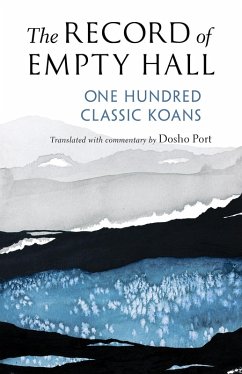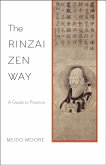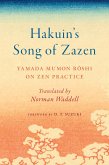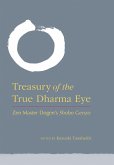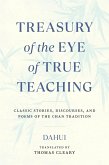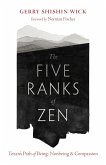A fresh translation and commentary on a classic collection of 100 koans from thirteenth-century China. The Record of Empty Hall was written by Xutang Zhiyu (1185-1269), an important figure in Chinese Linji Chan (Japanese Rinzai Zen) Buddhism and in its transmission to Japan. Although previously little-known in the West, Xutang's work is on par with the other great koan collections of the era, such as The Blue Cliff Record and Book of Serenity. Translated by Zen teacher Dosho Port from the original Chinese, The Record of Empty Hall opens new paths into the earthiness, humor, mystery, and multiplicity of meaning that are at the heart of koan inquiry. Inspired by the pithy, frank tone of Xutang's originals, Port also offers his own commentaries on the koans, helping readers to see the modern and relatable applications of these thirteenth-century encounter stories. Readers familiar with koans will recognize key figures, such as Bodhidharma, Nanquan, and Zhaozhou and will also be introduced to teaching icons not found in other koan collections. Through his commentaries, as well as a glossary of major figures and an appendix detailing the cases, Port not only opens up these remarkable koans but also illuminates their place in ancient Chinese, Japanese, and contemporary Zen practice.
Dieser Download kann aus rechtlichen Gründen nur mit Rechnungsadresse in A, B, BG, CY, CZ, D, DK, EW, E, FIN, F, GR, HR, H, IRL, I, LT, L, LR, M, NL, PL, P, R, S, SLO, SK ausgeliefert werden.

